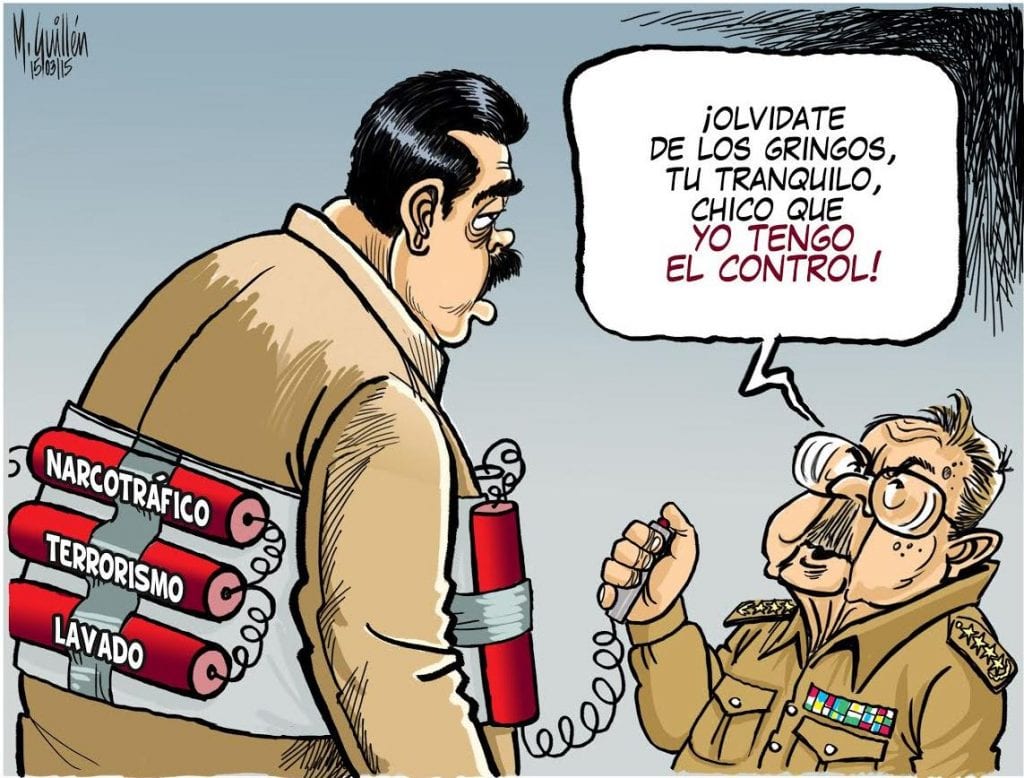
Retrieved
Post-Cold War American foreign policy has been inadequate in the face of growing global authoritarianism, fanaticism, and aggression. The United States and its allies have neglected sound principles and proven defensive practices, reacting complacent and inconsistently to threats. Recent US presidents, including Joe Biden and Donald Trump, are criticized for lacking the moral clarity, strategic vision and determination of former Cold War leaders such as Truman and Reagan. It highlights how countries like China, Russia and Iran have formed a formidable axis against American interests, aggressively spreading disinformation, subverting democracies and reviving imperialist ambitions. Furthermore, the text emphasizes that hostile powers are advancing nuclear, missile, cyber, biological and space capabilities, while US deterrence has declined. Attention is drawn to Biden’s perceived hesitation in responding to threats, exemplified by slow military aid to Ukraine and concessions to Russian aggression, which they claim have weakened global security and American influence. Drawing parallels with Cold War strategies, it underlines the importance of maintaining military force and a proactive foreign policy to counter the ambitions of authoritarian regimes. The Biden administration’s foreign policy, especially towards Iran, is criticized, highlighting it as weak and ineffective. It details the administration’s reluctance to reinstate sanctions against Iran, which has allowed it significant financial leeway as its nuclear advances and hostile actions, including attacks on Israel and international shipping, continue unabated. Additionally, the administration is criticized for its silence on human rights violations and Iran’s sponsorship of terrorism. Reference is also made to Biden’s poorly executed withdrawal from Afghanistan, which endangered US troops and Afghan allies. Biden’s recent decision to involve US troops in the construction of a humanitarian aid dock in Gaza, which has already been attacked by Hamas, is seen as putting military personnel at unnecessary risk. The broader criticism includes the politicization of foreign policy, contrasting the united front of past administrations during the Cold War with the current administration’s perception of catering to domestic political bases. The Biden administration’s policies toward oil and gas companies, handling of US-Israel relations and border control are seen as inconsistent and too influenced by domestic political considerations. Additionally, the deterioration of the public image and effectiveness of the United States on the global stage is addressed. Contrasts past leaders like Truman and Reagan, who openly opposed oppressive regimes and promoted American values, with the calmer, less assertive stances of contemporary leaders. Current foreign policy is seen as not adequately countering adversaries such as China, Russia and Iran, which aggressively pursue imperial and destabilizing agendas. Finally, the text calls for a renewed and strategic approach to US foreign policy, emphasizing the need for both hard and soft power and the revitalization of Cold War-era programs such as Voice of America. It underscores the need to diversify supply chains outside of China and strengthen military alliances to ensure adversaries face significant obstacles. Original Text by Anne R. Pierce, published in-> WashingtonExaminer





More Stories
Venezuela, elecciones entre pajaritos y mariposas
Maduro seeks to bolster military support ahead of next election
¿Qué hará Cuba el 28 de julio?